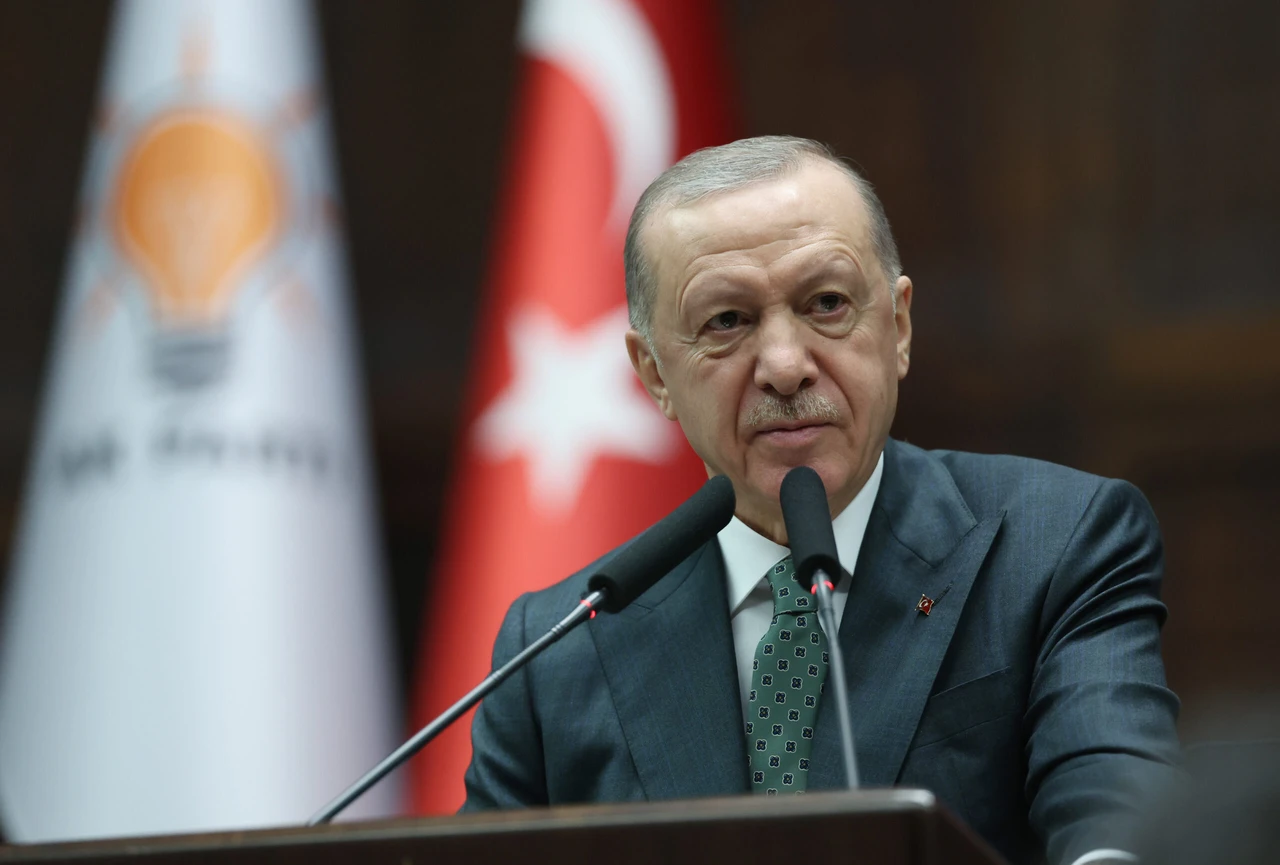Is the Kadesh Treaty being re-signed? Türkiye-Egypt relations past to present
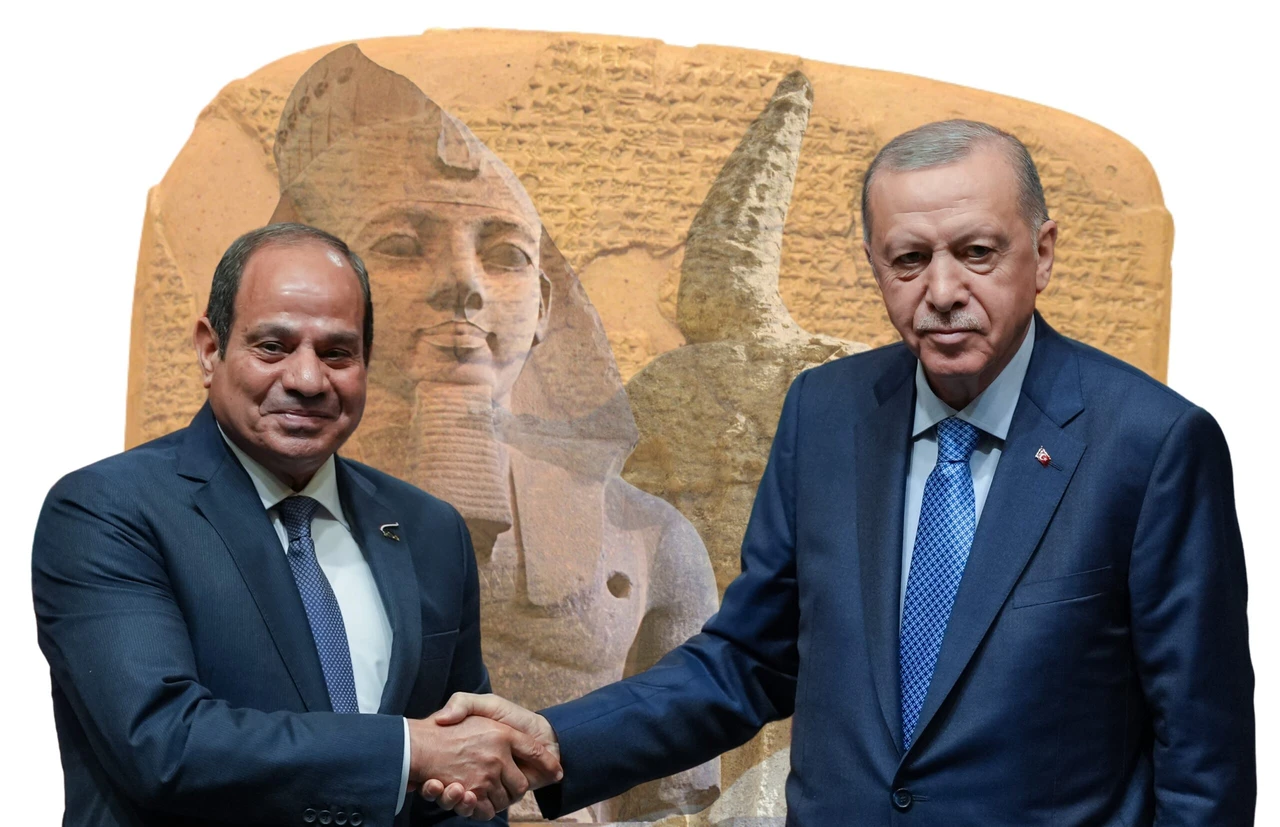 Turkish President Recep Tayyip Erdogan (R) and Egyptian President Abdel Fattah el-Sisi (L) pose for a photo during the signing of 17 agreements between Turkiye and Egypt after the High-Level Strategic Cooperation Council Meeting at the Presidential Complex in Ankara, Türkiye on September 04, 2024; In the background are the Kadesh Treaty, Ramses II and Hattusili III (Photo Collage via Türkiye Today/Koray Erdogan)
Turkish President Recep Tayyip Erdogan (R) and Egyptian President Abdel Fattah el-Sisi (L) pose for a photo during the signing of 17 agreements between Turkiye and Egypt after the High-Level Strategic Cooperation Council Meeting at the Presidential Complex in Ankara, Türkiye on September 04, 2024; In the background are the Kadesh Treaty, Ramses II and Hattusili III (Photo Collage via Türkiye Today/Koray Erdogan)
On September 4, 2024, Anatolia and Egypt, the two parties to the world’s first recorded peace treaty, the Treaty of Kadesh, have once again brought a new momentum to Türkiye-Egypt relations, which had been stagnant for the past decade. The Kadesh Treaty, also known as the Egyptian-Hittite Peace Treaty, the Eternal Treaty, or the Silver Treaty, is the only ancient Near Eastern treaty with versions made by both Egypt and the Hittites that have survived to the present day. It is also the oldest known peace treaty.
The treaty was signed around 1259 B.C. between Egyptian Pharaoh Ramses II and Hittite King Hattusili III, ruler of the largest Bronze Age empire, the Hittite Empire of Anatolia. The treaty did not immediately bring peace; in fact, there had been “many years of hostility between Hatti and Egypt” before the final alliance treaty was signed.
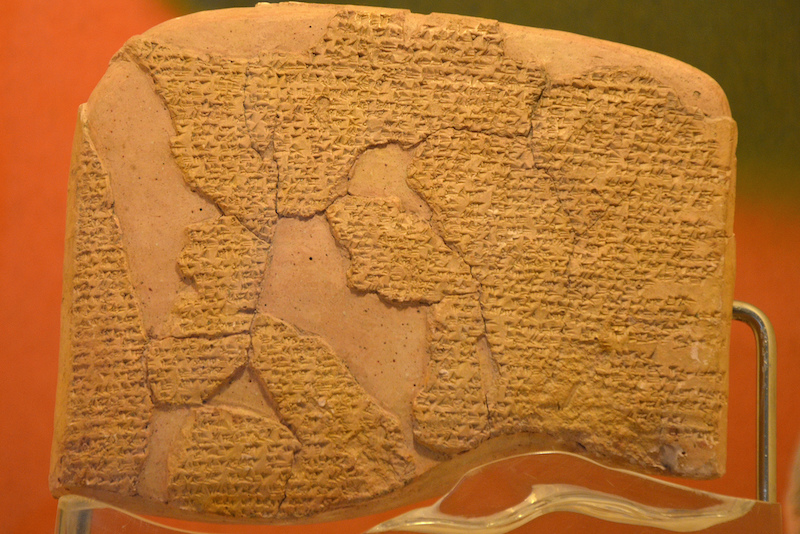
From 1259 B.C. to 1955 A.D.: Cold War-Era relations between Türkiye-Egypt
Egypt’s attempts to regain control over settlements in northern Syria faced the rising military power of the Hittites. The increasing military strength of Assyria and the subsequent retreat of Ramses II during his campaigns had significant effects on regional governance. The Hittites expanded further into the interior of Syria, seeking to compensate for the loss of Kadesh and reclaim the buffer zone with Egypt.
This period is seen as a “Cold War” between the Hittites and Egyptians, with both empires striving to maintain strategic balance through indirect methods, avoiding direct military conflict.
In the 20th century, during the Cold War, competition between the U.S. and the USSR shaped the Middle East through Türkiye and Egypt. Türkiye pursued a Middle East vision aligned with the West through the 1955 Baghdad Pact, while Egyptian leader Gamal Abdel Nasser followed a Pan-Arab policy. These differing approaches led to rivalry between the two countries.
The 1956 Suez Crisis strengthened Egypt’s regional influence, and after the end of the Cold War in the 1990s, Türkiye-Egypt relations began to improve. During Hosni Mubarak’s era (1981-2011), comprehensive relations were established between the two nations.
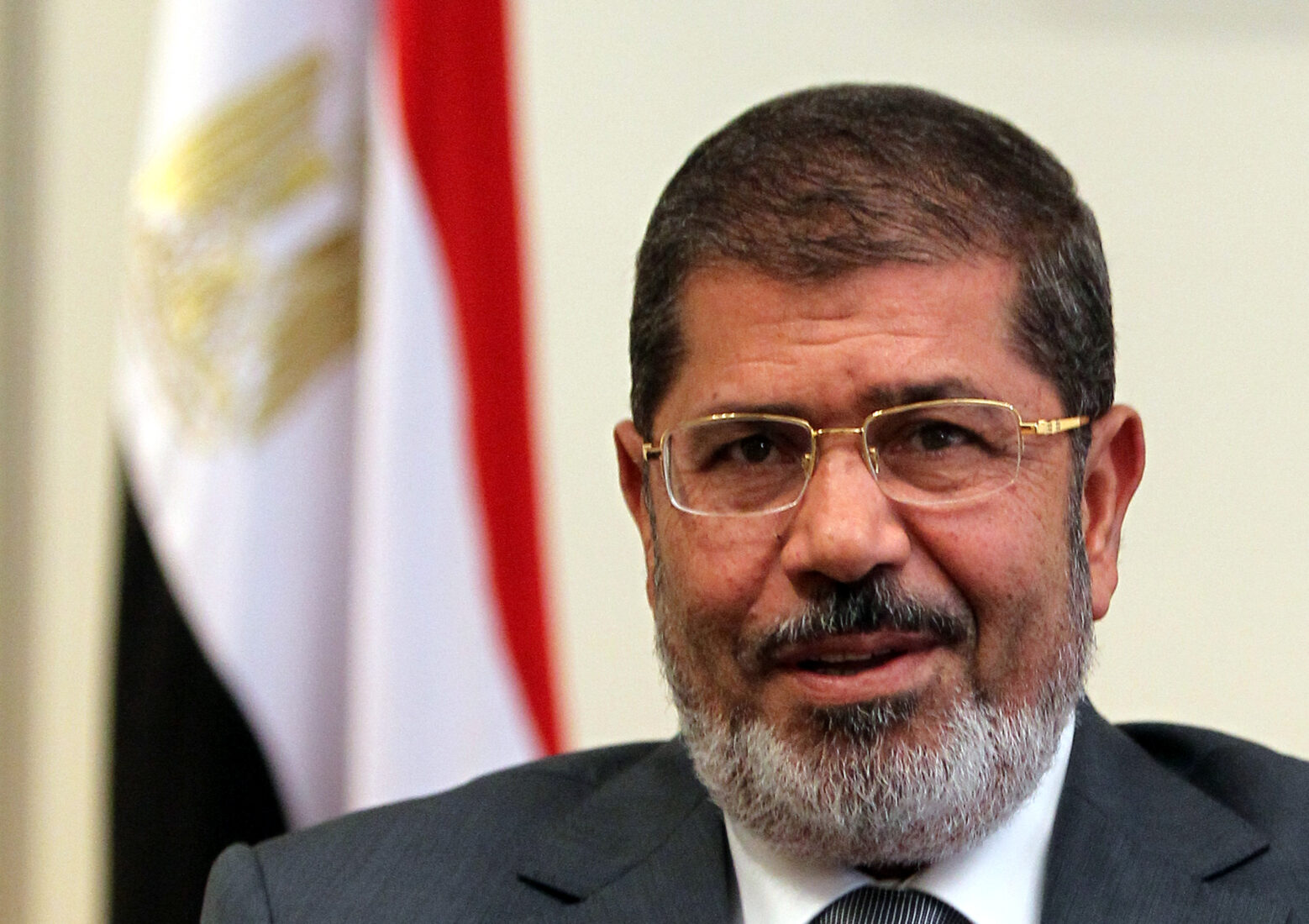
Turning points of 21st century
The political movements that began in Tunisia in 2010, known as the Arab Spring, also impacted Egypt and ended Hosni Mubarak’s 29-year rule. During this process, Türkiye supported Egypt’s democratic transformation. However, the ousting of President Mohamed Morsi in 2013 and the subsequent military rule negatively affected Türkiye-Egypt relations. Türkiye considered the situation a coup, and diplomatic relations deteriorated.
The Arab Spring marked the end of Türkiye’s “zero problems with neighbors” policy, leading to the adoption of the “central country” doctrine. In response to efforts to exclude Türkiye in the Eastern Mediterranean, Türkiye signed an agreement with Libya. Egypt, on the other hand, signed a maritime delimitation agreement with Greece, rejecting Türkiye’s continental shelf claims. Additionally, differing views on Libya became another point of tension in relations between the two countries.
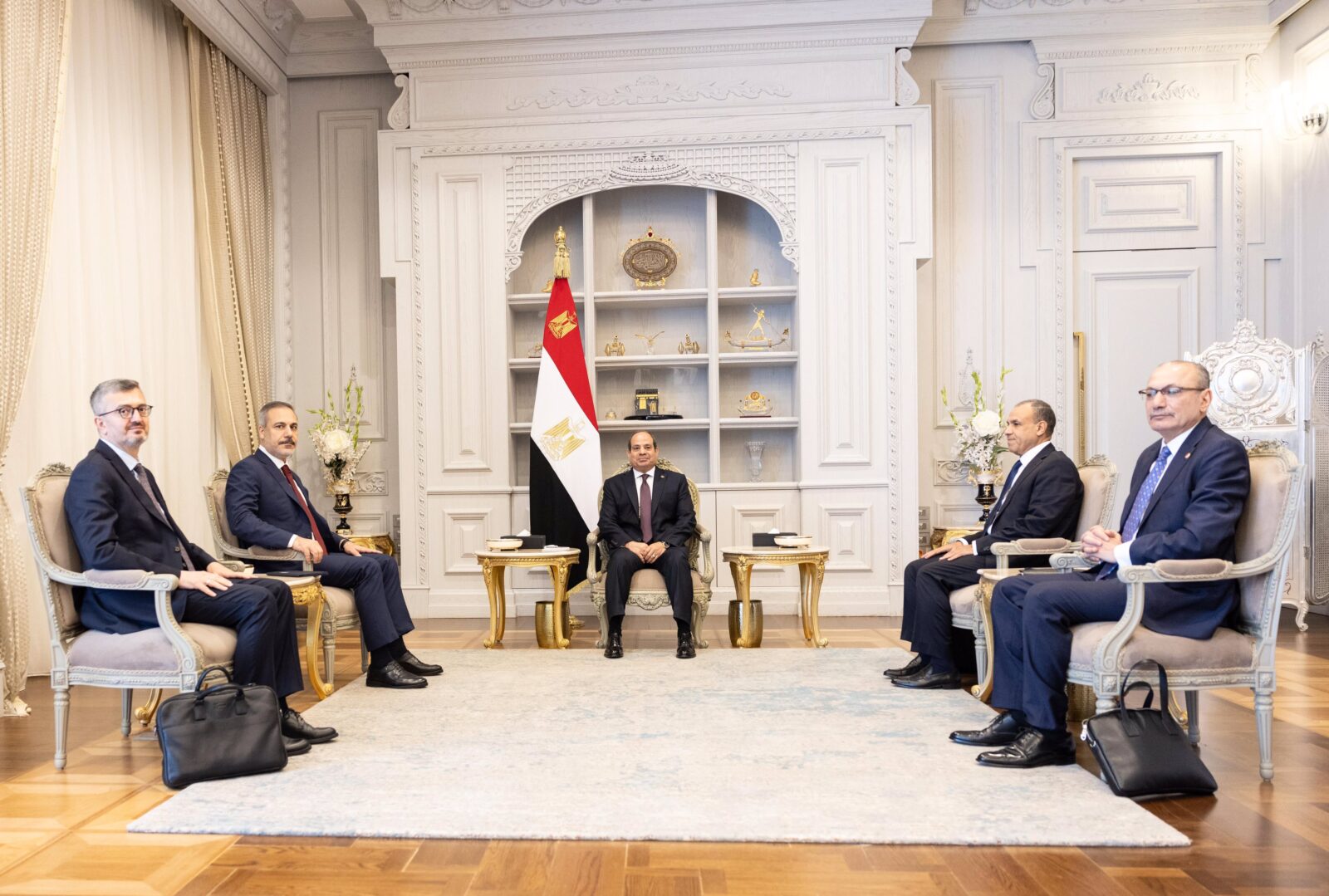
When and how did normalization begin?
Since 2020, various points of contact have been made between the two countries. Exploratory talks in 2021 and significant diplomatic steps in 2022 contributed to improving relations. The handshake between President Erdogan and Egyptian President Sisi at the World Cup opening ceremony in December 2022 received wide international coverage. Following the earthquakes in February 2023, Egypt’s aid to Türkiye further strengthened ties.
After the visit of Egypt’s Foreign Minister to Ankara in April 2023, diplomatic relations were elevated to the highest level. The appointment of mutual ambassadors in July 2023 reinforced relations.
During U.N. General Assembly meetings in London in September, the two leaders discussed strengthening Türkiye-Egypt relations, increasing trade volume, and energy cooperation.
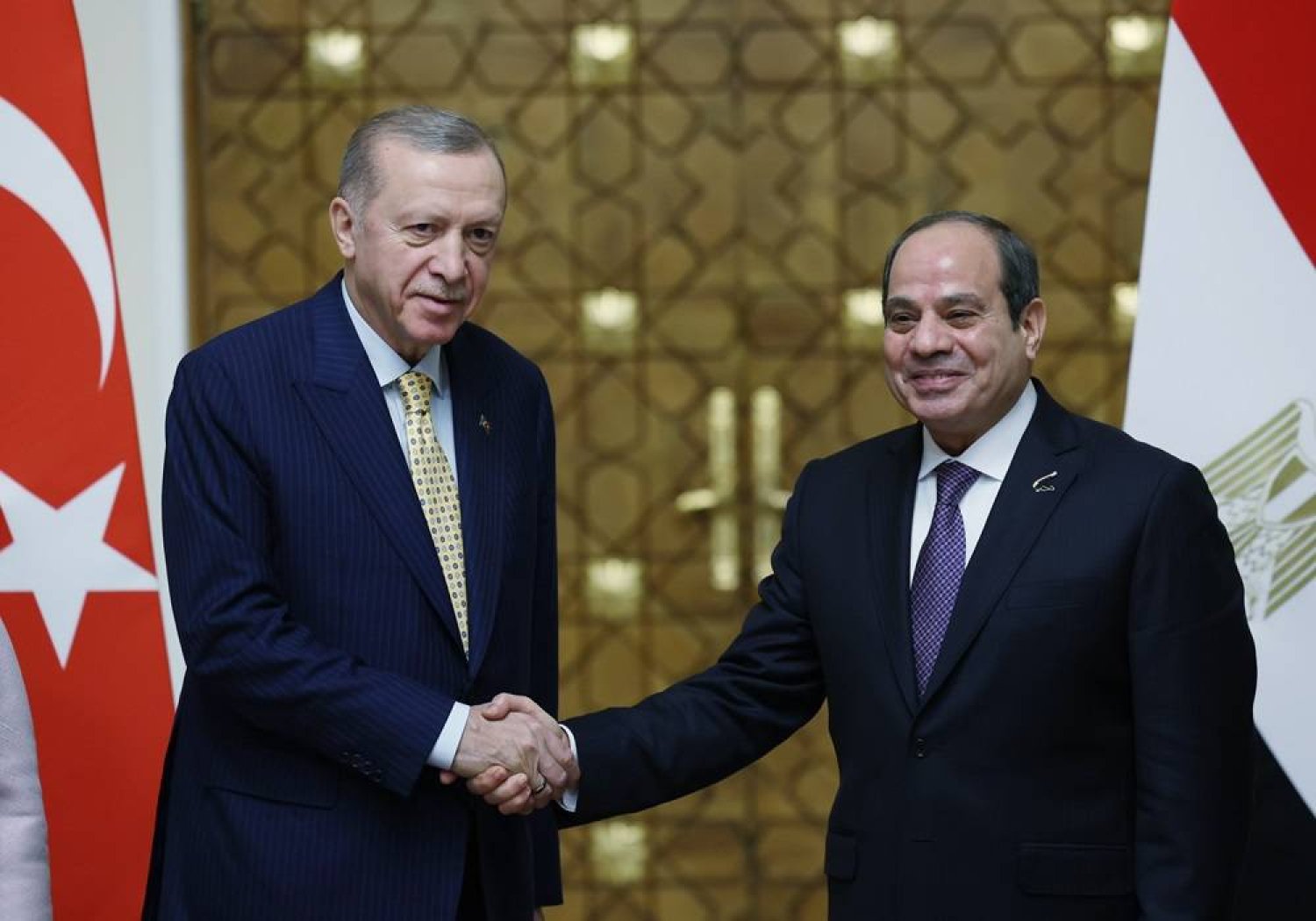
Historic visit: President Erdogan’s trip to Egypt on February 14, 2024
President Recep Tayyip Erdogan visited Egypt after many years. Following their meeting in Cairo, President Erdogan and Egyptian President Sisi held a joint press conference. This meeting is considered a significant turning point in Türkiye-Egypt relations.
President Erdogan announced that the High-Level Strategic Cooperation Council had been elevated to the presidential level and invited Sisi to Ankara at the earliest opportunity. Erdogan emphasized that this visit would open a new chapter in relations between the two countries.
President Sisi highlighted the historic economic and trade relations between Egypt and Türkiye, expressing the goal of increasing bilateral trade to $15 billion in the coming years. President Erdogan, also stressing the importance of trade relations, mentioned that mutual investments had reached $3 billion and expressed the intention to increase this figure. They discussed opportunities for cooperation in defense, LNG, nuclear, and renewable energy projects. Erdogan also mentioned efforts to strengthen existing ties in tourism, education, and culture and shared information about interest in Turkish language courses at the Yunus Emre Institute in Cairo.
Both leaders emphasized their continued efforts to secure a ceasefire in Gaza. “We will continue to collaborate and stand in solidarity with our Egyptian brothers to stop the bloodshed in Gaza,” Erdogan said. Sisi also touched on the situation in Libya, stressing the importance of strengthening consultation between Türkiye and Egypt to ensure the holding of presidential and parliamentary elections in Libya and the unity of the military institution. Erdogan reiterated the importance of the territorial integrity of Libya, as well as Sudan and Somalia.
This visit is seen not only as a historic development for Türkiye-Egypt relations but also as a significant regional event. Erdogan’s visit to Cairo, after previously labeling Sisi a “dictator” and “murderer,” signifies the end of cold relations and the beginning of a new era.
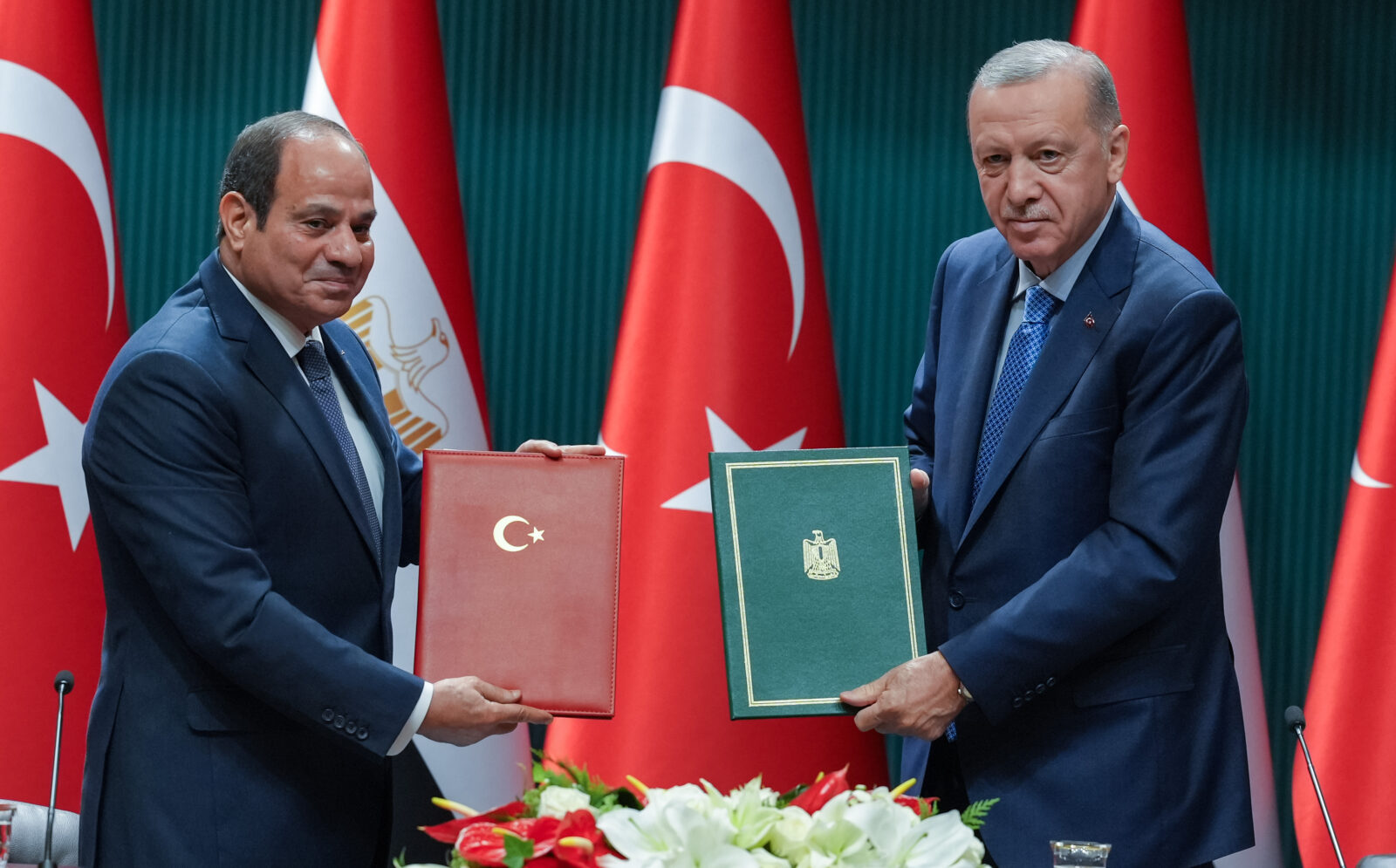
Strengthening ties with Sisi’s visit to Türkiye, September 4, 2024
Egyptian President Abdel Fattah el-Sisi made his first visit to Türkiye, meeting with President Recep Tayyip Erdogan. During the visit, a total of 17 agreements were signed, marking the beginning of a new chapter in Türkiye-Egypt relations.
President Erdogan emphasized the vital contributions of Türkiye and Egypt to regional peace and stability. He also stated that they would hold regular consultations on Gaza and other regional issues. Erdogan rejected Israel’s accusations against Egypt and mentioned that Türkiye had applied for intervention in the case South Africa brought to the International Court of Justice.
Erdogan also reaffirmed the determination to increase bilateral trade to $15 billion within five years.
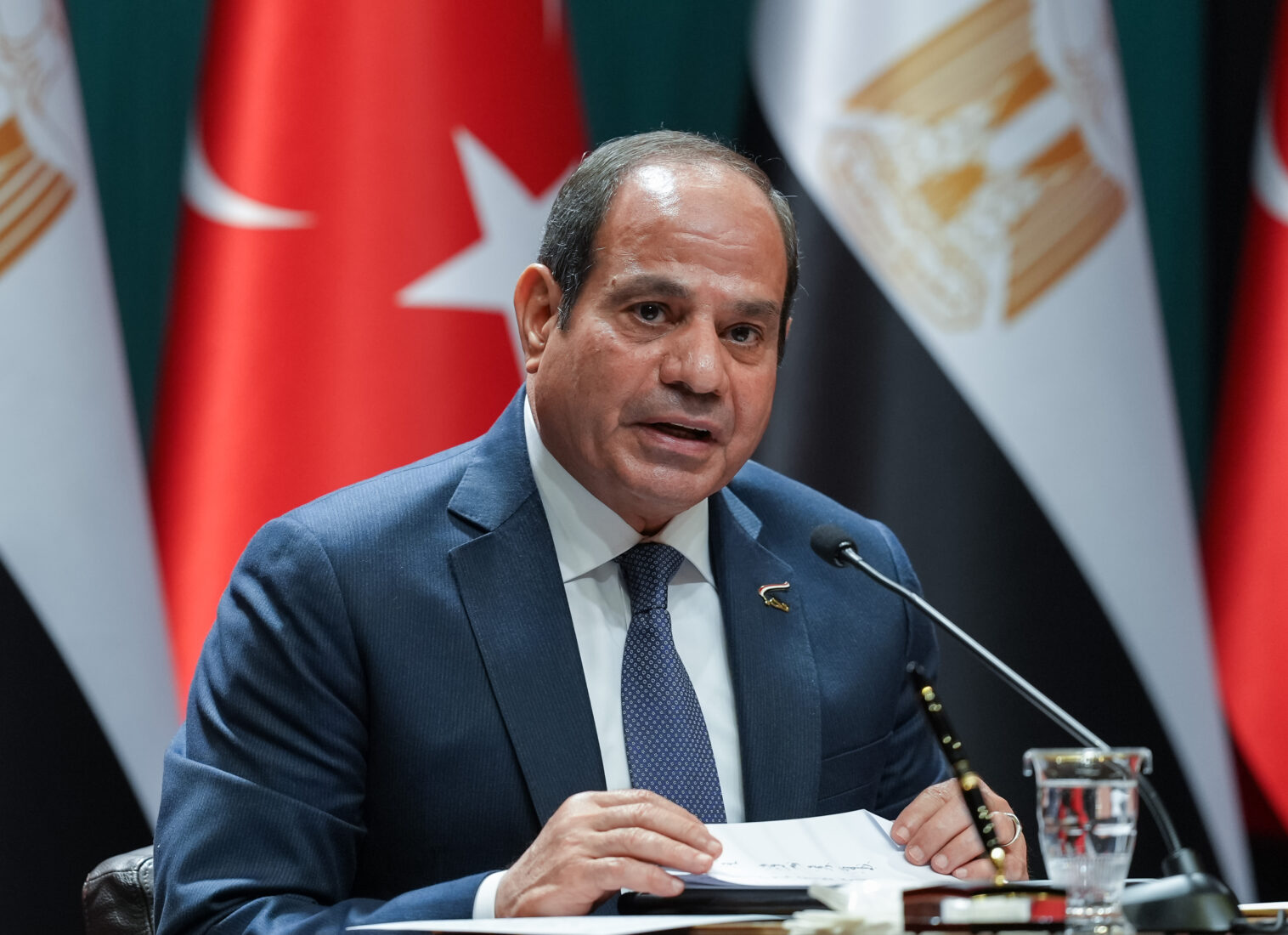
Sisi’s statements and emphasis on cooperation
Egyptian President Sisi stated that his visit was a sign of the deepening relations between the two countries. He called for a ceasefire in Gaza and an end to the attacks in the West Bank, noting their efforts to deliver humanitarian aid. He also emphasized the need to secure safety in Libya and disband armed forces.
The agreements signed during the visit cover various areas of cooperation between the two countries, including the development of industrial parks, competition policies, railway cooperation, health, and environmental issues.
Türkiye and Egypt have been engaged in intense bilateral diplomacy recently. Normalization efforts and mutual visits that began in 2023 have marked a significant turning point in relations between the two countries. Additionally, a consensus on cooperation for elections in Libya points to the shared goals of both nations.
The normalization process in Turkiye-Egypt relations that began in 2023 marks a significant turning point both regionally and internationally. The agreements signed and the diplomatic engagements between the leaders have strengthened the strategic partnership between the two countries. Deepening cooperation in areas such as trade, energy, and defense industries shows the two nations are working towards common goals for regional peace and stability. The leaders of both countries emphasize that this cooperation will continue to develop in the coming years.

